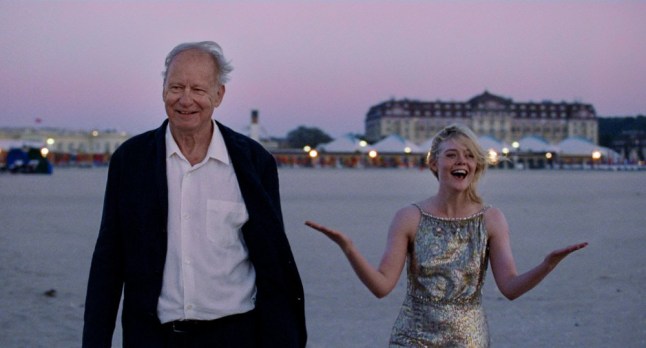
Every year we do it, without fail, even though fans and critics moan about it, and it’s quite clearly a reductive way of measuring a movie’s impact.
However, we simply just can’t seem to help ourselves in timing and then reporting on the length of standing ovations at Cannes Film Festival.
This year, film fans around the world have been obsessing over the 19-minute standing ovation for Sentimental Value, and the 11.5 minutes of applause French director Julia Ducournau’s Alpha received.
Mission: Impossible – The Final Reckoning and Wes Anderson’s The Phoenician Scheme both received an impressive seven-and-a-half-minute ovation, while Die, My Love starring Robert Pattinson and Jennifer Lawrence received a fantastic nine-minute ovation.
It’s the biggest con in cinema, but at each festival (and this happens at Venice International Film Festival too, but Cannes seems to be the biggest proponent) every major film being shown has its rapturous (or sometimes, just polite) applause monitored from its premiere.
Even if you’ve never been in the 2,000-plus-seater Grand Théâtre Lumière on the Croisette, where each premiere is held after the stars and filmmakers ascend those famous, red-carpeted stairs, it must seem a slightly odd if not antiquated measure of success.
True, applause is both welcome and expected as a traditional measure of appreciation – but to predict a film’s entire box office run and reception from a wide audience on this alone, usually ranking them in duration order like an Oscars haul? Bizarre.
And as anyone can tell you who has been there, as it happens… it’s totally meaningless.
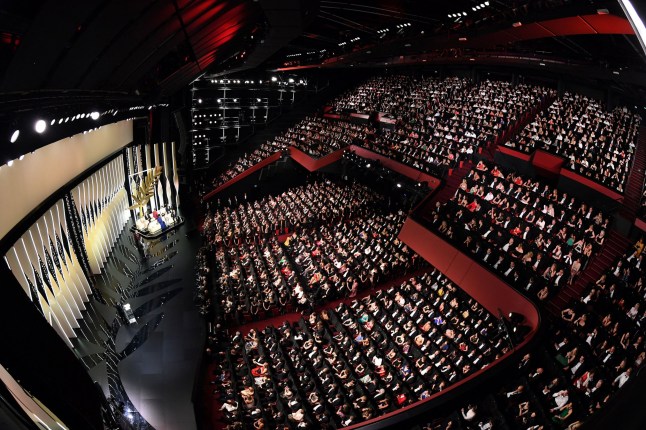
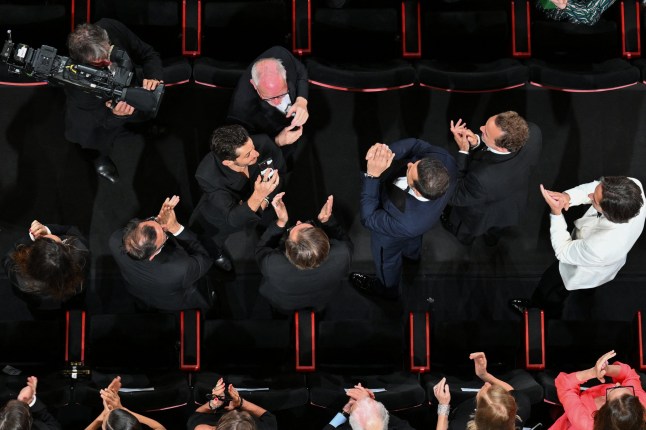
To view this video please enable JavaScript, and consider upgrading to a web
browser that
supports HTML5
video
‘Once again media report #Cannes standing ovation times like sports scores while I scream at my phone “THEY DON’T MEAN ANYTHING!”,’ complained Jessica Fenton on X, pointing out that ‘the last Indiana Jones got a 5min SO’ in 2023 before it went on to flop.
Producer Cassian Elwes observed: ‘If you’ve ever been in Cannes you know that literally every movie receives a standing ovation, even The Brown Bunny (which was widely panned after). The French cinephiles on the Croisette are an enthusiastic group.’
Or, as director and film fan Luca joked on the social platform after Francis Ford Coppola’s divisive comeback movie Megalopolis nabbed a standing ovation peppered with boos: ‘Every film gets a 7-minute standing ovation at Cannes… it takes a true work of art to get actual boos.’
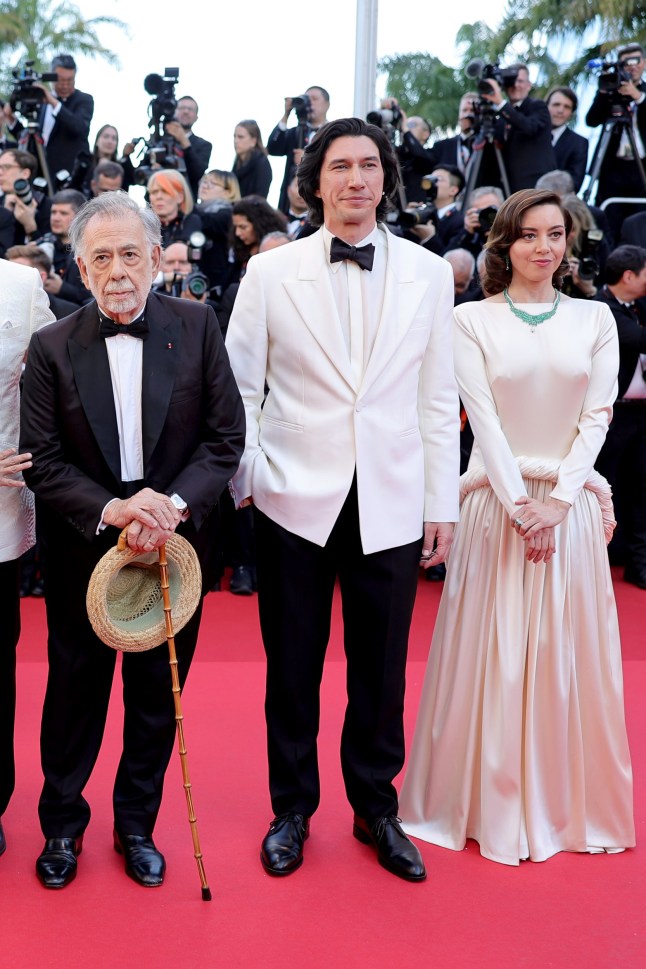
To view this video please enable JavaScript, and consider upgrading to a web
browser that
supports HTML5
video
And that observation is not that far off, given it’s rare to hear of anything below five minutes.
It’s also quite unusual for all publications to agree on exactly how long each standing ovation was, possibly because they start counting the minutes at different markers. Is it when the credits begin to roll and the applause first starts, or is it when the lights go up or the first person gets to their feet – or once the whole auditorium is standing?
For reference, The Hollywood Reporter reveals that its reporters ‘start the clock the moment people jump to their feet – usually after the house lights come up – and stop when most people begin to sit down or when the film’s director is given the mic since the crowd stops clapping to listen’.
An example from last year is actor and director Kevin Costner’s passion project, the first film (of, he hopes, four) in his Horizon: An American Saga series.
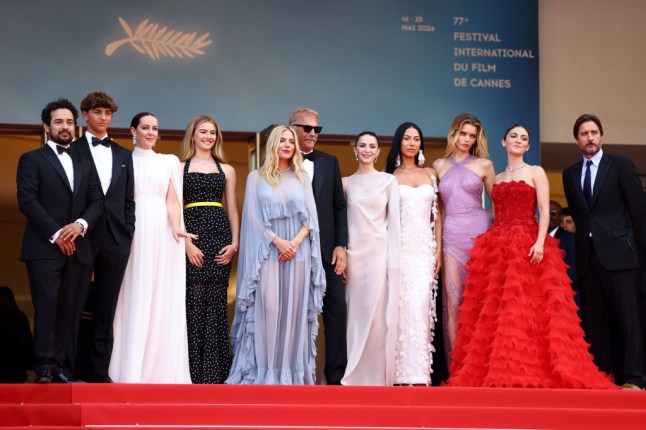
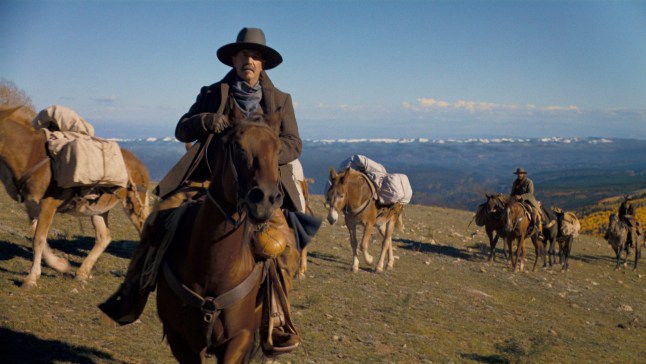
Longest Cannes Standing Ovations of all time
22 minutes – Pan’s Labyrinth (2006), Guillermo del Toro
20 minutes – Fahrenheit 9/11 (2004), Michael Moore
19 minutes – Sentimental Value (2025), Joachim Trier
18 minutes – Mud (2012), Jeff Nichols
17 minutes – The Neon Demon (2016), Nicholas Winding Refn
Variety estimated this standing ovation as seven minutes, while Deadline went for 11 minutes, and People magazine thought it was 10. Others also put Megalopolis’ ovation at closer to 10 minutes.
There was also some disagreement over which film received the longest ovation last year between genre-blending crime musical Emilia Pérez and Demi Moore’s bonkers and bloody body horror The Substance, both of which might have clocked in at 13 minutes. Or maybe got nine minutes – or 11?
It is true that almost every film receives a standing ovation at its premiere out of politeness, to celebrate the achievement of screening at the prestigious festival, and the occasion as a whole – after all, everyone is in evening wear and in one of the most famous cinemas in the world.
There are easy ways to manipulate its length, though, as directors are often given the microphone to speak at some point, as mentioned above.
‘Thank you, this is really lovely, but I really want to go and party right now,’ said filmmaker Andrea Arnold at the premiere of Bird, starring Barry Keoghan, in 2024, effectively putting an end to the ovation (seven minutes in this case).
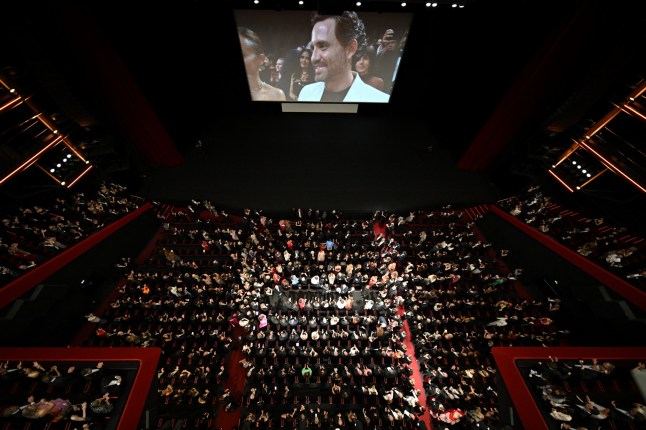
To view this video please enable JavaScript, and consider upgrading to a web
browser that
supports HTML5
video
In stark contrast, Nicolas Cage was whipping everyone up into a frenzy by roaring ‘Mangez le rat!’into the mic at the official screening for his 2024 film, The Surfer (which made six minutes) and encouraging the audience to yell the name of the film in unison.
There’s also a camera capturing every moment of the ovation and the cast and crew’s reaction, with each star getting their own close-up – so if you bring along a large cast (for example, Megalopolis), you’re already winning as it takes forever to make it down the line.
If you’re making some sort of comeback, Cannes is often especially appreciative too (for example, legendary director Coppola with Megalopolis).
Johnny Depp also got a warm reception (seven-minute standing ovation) for his film Jeanne du Barry in 2023 at Cannes, with festival director Thierry Frémaux welcoming back the controversial figure with open arms after his legal troubles of the past few years.
Was the applause to do exclusively with the ground-breaking or exceptional quality of Maïwenn’s film in this instance? Absolutely not.
Most importantly, a Cannes standing ovation is not a reliable indication of a film’s critical reception or quality – or how it will be received widely when in cinemas or streaming across the world.
It’s true that the festival’s longest-ever standing ovation on record belongs to Guillermo del Toro’s Pan’s Labyrinth in 2006, where the audience clapped (or slogged?) it out for a palm-punishing 22 minutes.
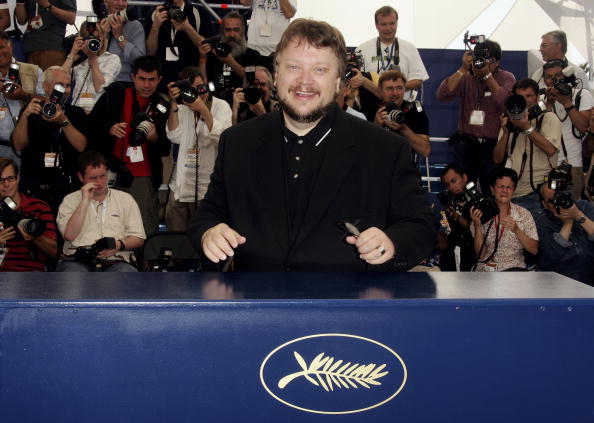
That film’s quality is undeniable, as is that of Michael Moore’s documentary Fahrenheit 9/11, which earned a 20-minute Cannes ovation, the second longest.
However, Nicolas Winding Refn’s The Neon Demon got 17 minutes in 2016 – while also inspiring walkouts – before tanking at the box office amid mixed reviews.
And remember The Paperboy, Lee Daniels’ 2012 film where Nicole Kidman urinates on Zac Efron? No, probably not – and it made back less than a third of its budget. However, it got a chunky Cannes standing ovation at 15 minutes.
So, although this tradition won’t be ending anytime soon, just know that every Cannes standing ovation should be taken with a hefty pinch of salt.
A version of this article was published in 2024.
Got a story?
If you’ve got a celebrity story, video or pictures get in touch with the Metro.co.uk entertainment team by emailing us celebtips@metro.co.uk, calling 020 3615 2145 or by visiting our Submit Stuff page – we’d love to hear from you.